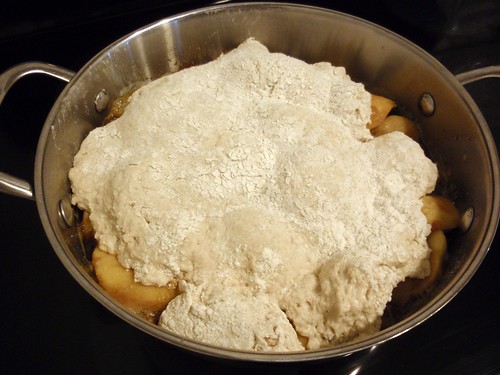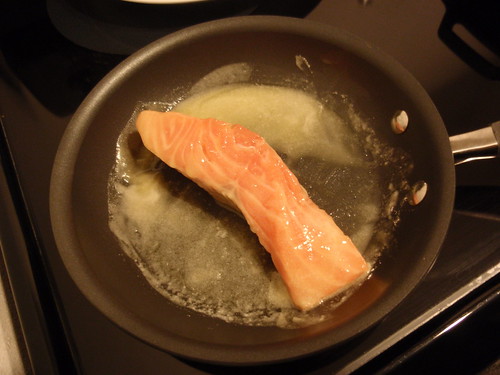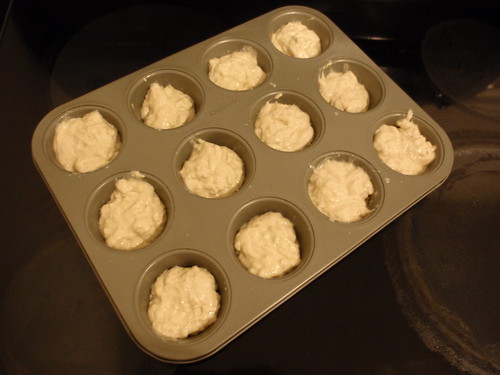This evening he disputed the truth of what is said, as to the people of St. Kilda catching cold whenever strangers come. 'How can there (said he) be a physical effect without a physical cause?' He added, laughing, 'the arrival of a ship full of strangers would kill them; for, if one stranger gives them one cold, two strangers must give them two colds; and so in proportion.' I wondered to hear him ridicule this, as he had praised M'Aulay for putting it in his book: saying, that it was manly in him to tell a fact, however strange, if he himself believed it'. He said, the evidence was not adequate to the improbability of the thing; that if a physician, rather disposed to be incredulous, should go to St. Kilda, and report the fact, then he would begin to look about him.--From Boswell's Life of Johnson--
People who lived in an isolated community noticed they would catch colds when strangers came to visit. Johnson found the idea ridiculous, and later jokes that they must just not like the visitors they were getting.
It's easy to dismiss ideas when they go against a consensus. Fortunately, in science, people make decisions about truth based on falsifiable experiments and not consensus. That's why today we worry about germs instead of our humors.



























